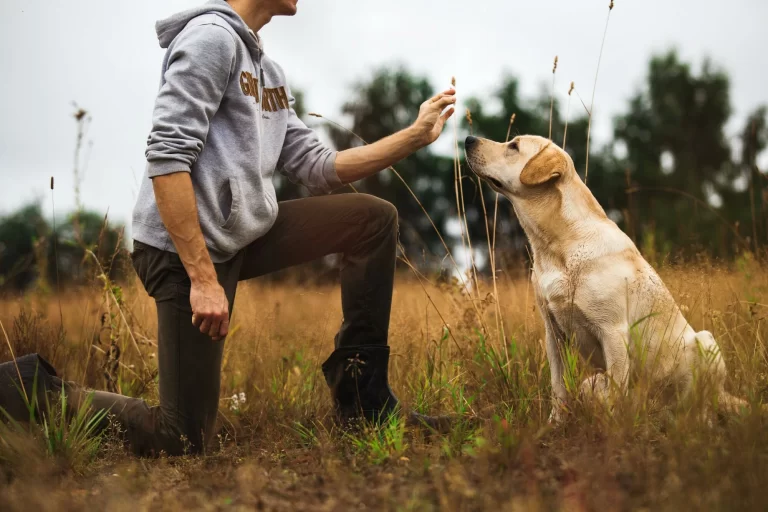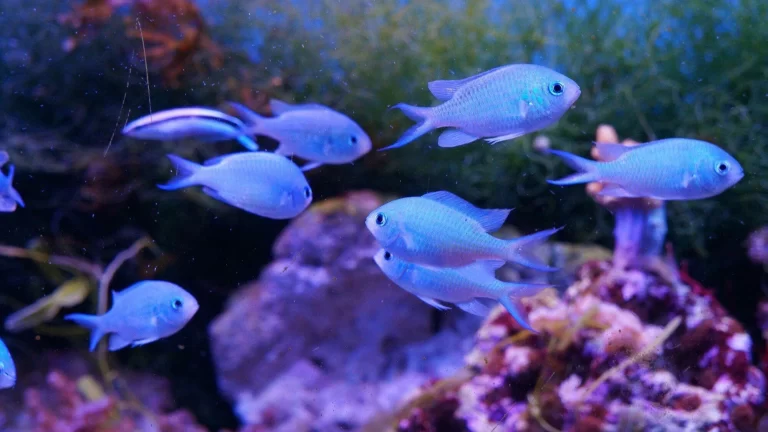If you are thinking about getting a pet for your family, there is a lot to think about. While larger animals like dogs and cats may naturally come to mind, there are many other options available in the world of pets. A lot will depend on your time commitment, your ability to care for an animal, and any allergies you or your children might have to animals. So what kind of animal do you need? You might be surprised to learn there are plenty of smaller mammals out there that will make great companions for families with kids.
Contents
Look at the Big Picture
You should consider the big picture before deciding on a pet. What kind of lifestyle do you have? Are you home all the time, or are you away for business or vacation time regularly? What are your physical abilities? Do you have difficulty walking? What kind of animal fits your lifestyle? Will it fit into your family? Are you prepared for what it takes to care for an animal?
What Kind of Animal Interests You?
After you have decided that a pet is right for your family, the next step is to decide which type of animal will suit your lifestyle best. There are many animals to choose from, each with its unique characteristics. For example, dogs are typically larger than cats, and they require more exercise and attention. Cats can be independent, which makes them easier to care for if you don’t have much time during the day or if there are children in the home who might need supervision after school while parents work or run errands. Birds are usually a good choice as well as long as you can feed and water them regularly.
Are You Prepared to Care for an Animal for its Entire Life?
Make sure you’re willing to care for an animal every day of its life. While they may not live as long as humans, many pets can still be considered a companion for a long time. Do your research on the particular breed and make sure that they’ll fit into your lifestyle and home environment before committing. Maybe you’re okay with an older dog that might only live for 5 or 6 more years. Maybe you’d prefer a cat that likes to sleep all day. Maybe you’d enjoy a miniature poodle that can hang out with you for a long time without getting too big. Whether you choose an animal as a baby or not, make sure that you are prepared to care for it for the long haul.
Animals need regular care. This includes food, water, veterinary visits, and exercise. Some animals are pretty independent and can get a lot of this on their own, while others need your care and attention. You should also consider whether you can give them proper shelter in winter or summer months, depending on where you live—and how much space they require.
Do Your Research Before Adopting a Pet
Before adopting any pet, you should do some research on the animal. Your research will help you determine if having a pet is right for your family and if it would be best to adopt one or buy one from the store. If you are adopting a dog, find out what kind of dog you are interested in by doing some research. Learn about the breed’s health problems and personality traits to see if they match yours. Research their needs, such as grooming requirements and their life expectancy, so that your family can plan for this long-term commitment. Finally, think about how much money it will cost to feed and take care of them over time and make sure that this amount fits within your budget.
Consider Getting a Shelter Pet
If you’re looking for a new family member, consider getting a shelter pet before going to a breeder or pet store. Shelters have great animals that need homes and are often less expensive than buying from other sources. If you have specific requirements for your new pet, like having one that is already trained or having an animal with certain traits, consider visiting the local animal shelter near you. The staff there can help match you up with an animal that fits your needs and lifestyle.
Visit the Shelter First and Ask Lots of Questions
Most shelters will allow you to visit the animals in their care. This is a good opportunity to see which ones are the most well-adjusted, happy, and friendly. You can also ask about their history, personality, and behavior. If you have children, this is especially important to communicate to shelter staff as animals that have never been around kids can be dangerous.




